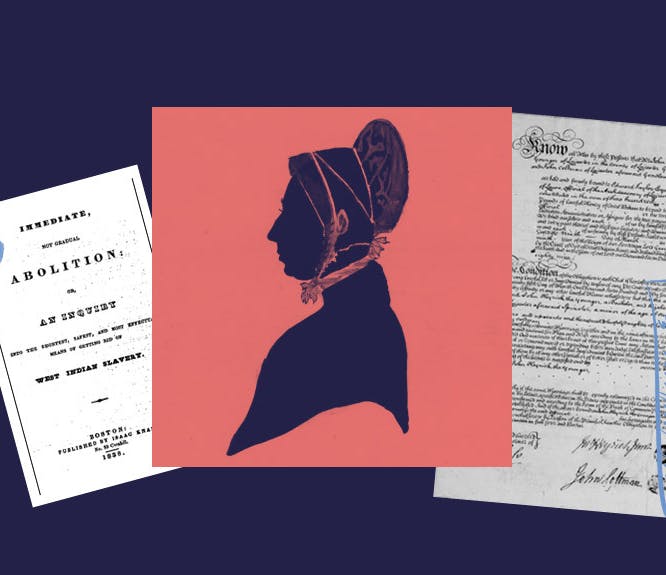6 common genealogy mistakes (and how to avoid them)
2-3 minute read
By The Findmypast Team | March 11, 2020
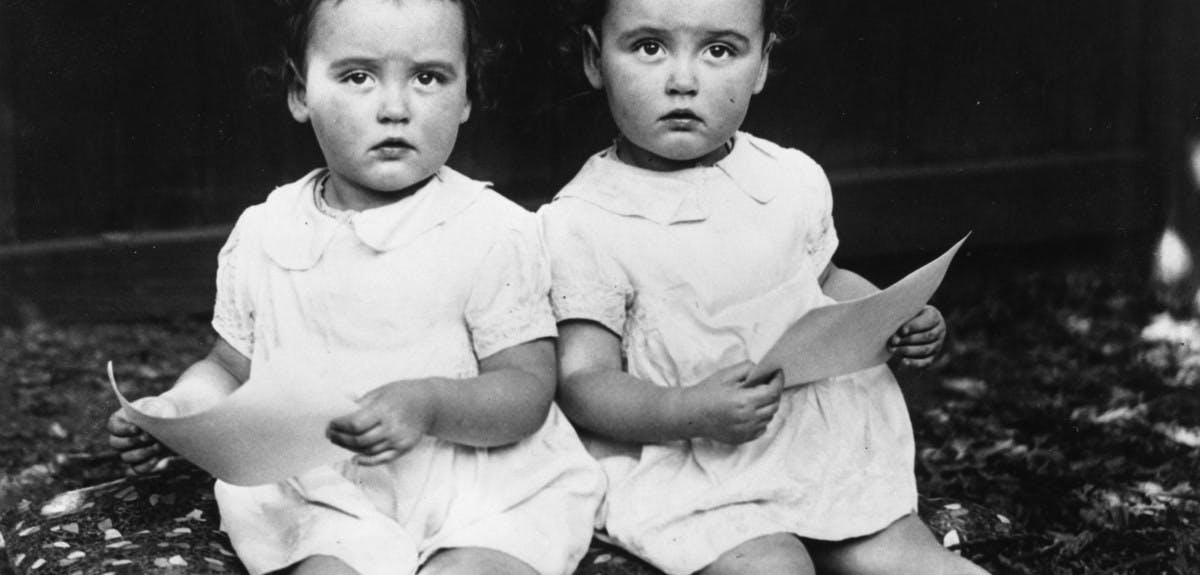
Because even the best genealogists had to start somewhere...
We've all been new to family history at some stage, and we'd be lying if we said we hadn't made (and continue to make) a few mistakes here and there. Luckily, genealogy is a marathon, not a sprint, and so there's time to learn from our errors and become better researchers along the way.
Here are a few of the mistakes we made when we started out that we are sharing in the hope you'll avoid making the same ones.
Buying into generic genealogy
There is of course the temptation to buy a book of your surname's history from somewhere on the internet and to take it as gospel, including every reference to the nobility in your family tree and the castles you should be entitled to if only someone in power would read your family history and give you what you're owed. Sadly, it doesn't work that way. If your family history research hasn't already been done by someone you trust – or someone who has stated their sources, at least – then the only way to do it is…to do it.
Start your search the right way with our BMD records
Ruling people out based on dates and ages in records
Found a record of someone with the same name as your ancestor, born in the same town, married to someone with their spouse's name, but the birth date's off by a year or two? That still may well be the record of your ancestor. Standards of record keeping can vary, people lied about their age for all sorts of reasons and, sometimes, mistakes just happen. Don't conclude that someone doesn't belong in your family tree just because their birth date doesn't match what you think it should. Not only that, but in the 16th century, parts of the world changed from the Julian to Gregorian calendar, so if you're lucky enough to get that far back in your research, you may see two dates listed for one person.
Depending too much on strangers
Both online and offline, the genealogy community is a knowledgeable and supportive resource for any beginner genealogist. However, unless you're paying someone to do your research on your behalf (and where's the fun in that?), any help you receive from a family history forum, Facebook page or other online community is a favour. Try to minimise the amount you rely on these favours, and for any help, you do receive, make sure you get back to the individual and thank them. Then, when you can, pay the favour back by helping others in the same community. It's advice that seems obvious, however, it's all too often overlooked. This point leads nicely on to our next…
Trusting the research of others
If there are no sources cited for an individual, it's as useful to your research as a wild guess would be. Don't take people at their word, and don't assume that someone else's public tree or research posted online is reliable.
Safely store your research in our online tree builder
Neglecting living relatives
The internet has made family history research easier and more accessible than ever before, and it's easy to get carried away exploring the billions of records that are now at your fingertips 24/7. So easy, in fact, that people often overlook the best family history resource available to them; their family. Ask as many questions as you can, call granny and granddad, visit your cousins and start your research that way. It's a little more labour intensive, but it'll save you some money and get instant results.
20 questions to ask your relatives
Getting disheartened by brick walls
Anything worth doing comes with a level of difficulty. For genealogists, that's the dreaded brick wall. Rather than being dispirited and giving up on that line – or on research entirely – relish the challenge, learn more about research strategies and think of how great it'll feel to overcome this seemingly insurmountable obstacle. You're allowed to curse the family naming pattern that gave you four George Smiths in two generations, however.
Now you know
not what to do, here are 20 things you should
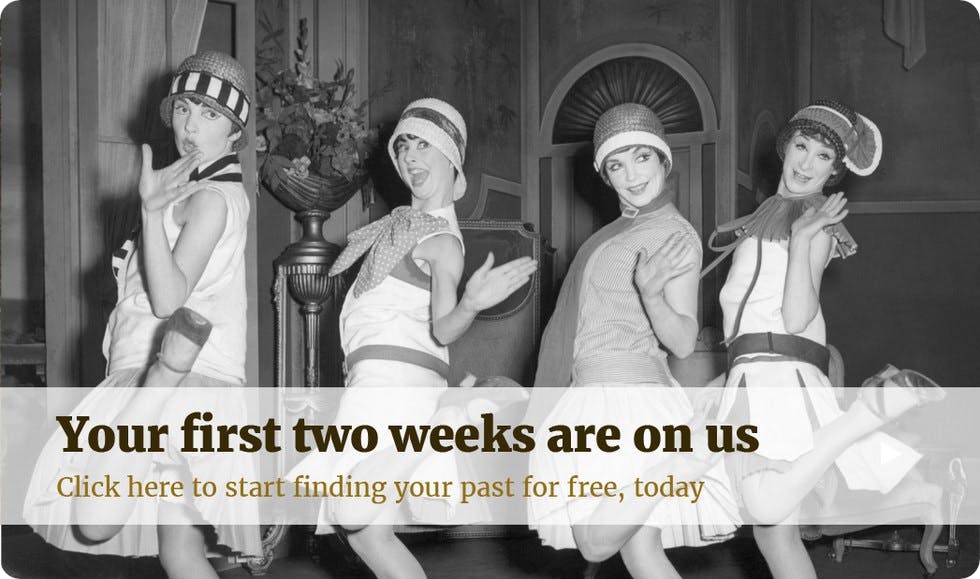
Related articles recommended for you
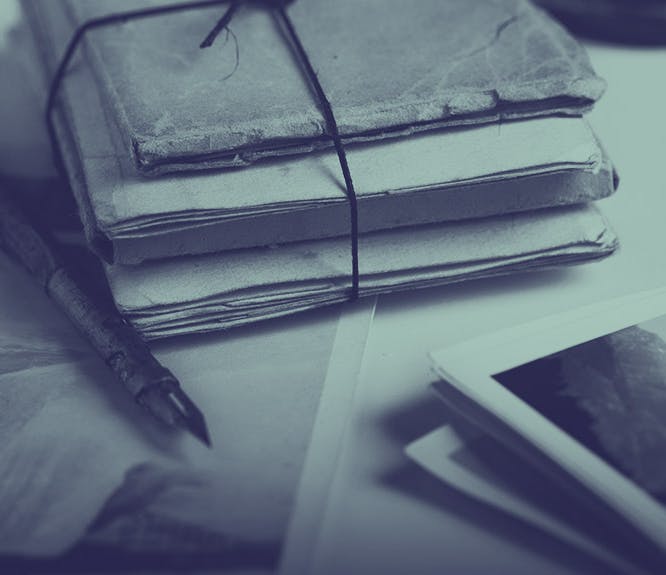
Preserving the story of your ancestry: our expert guide to writing your family history
Help Hub
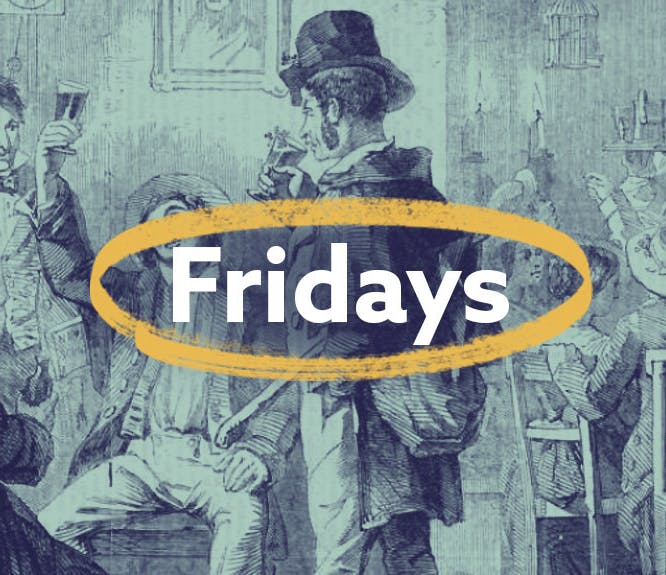
Celebrating Irish stories with almost a million new records
What's New?

Inspirational women from history: Victorian astronomer Catherine Octavia Stevens
History Hub
